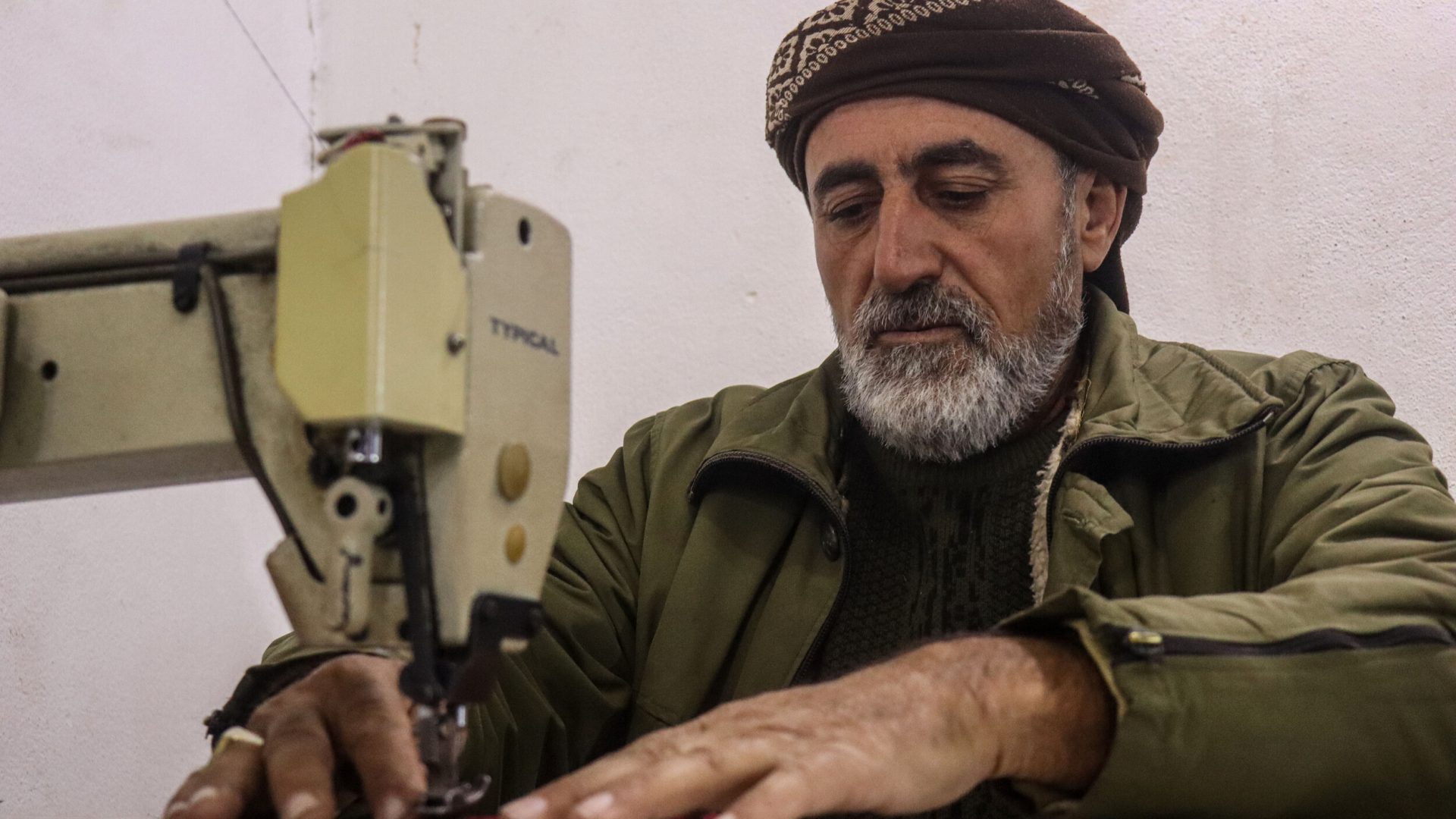Making Humanitarian Response Inclusive of Older People
Emergencies and disasters affect people differently, and older people often face the greatest risks while being the least visible in humanitarian response.
A new report drawing on evidence from the Türkiye-Syria earthquake response sheds light on the urgent need to address this gap, focusing on the specific vulnerabilities and strengths of older people during crises.
The report calls for inclusive, evidence-based humanitarian action that integrates older people’s perspectives at every stage – from data collection and needs assessments to programme design and evaluation. It highlights the importance of collecting sex-, age-, and disability-disaggregated data (SADDD) and using tools such as the Washington Group Short Set (WG-SS) to strengthen the quality and inclusivity of humanitarian programming.
The report finds that:
- Older people are often excluded from humanitarian data collection, which limits programme effectiveness and risks harmful outcomes.
- Over 50% of people aged 50+ in Türkiye experience at least one functional limitation in mobility, vision, or cognition.
- Older refugees face heightened risks, including housing insecurity, food inaccessibility, and inadequate health and WASH services.
- Despite their knowledge and experience, older people are rarely involved in decision-making, and their exclusion weakens community resilience.
At the same time, the findings underscore the valuable role of older people as community connectors, holders of traditional knowledge, and contributors to recovery and resilience efforts.
The report’s recommendations are clear:
- Make older people central to humanitarian assessments and decision-making.
- Ensure SADDD and disability-inclusive tools like WG-SS are routinely applied.
- Recognise the coping strategies and agency of older people to better design protection and recovery programmes.
- Create research environments that respect and reflect the diverse realities of ageing in crisis contexts.
By systematically including older people and disaggregating data, humanitarian actors can deliver more equitable, effective, and dignified responses – ensuring that no one is left behind when disaster strikes.
Access the report here in English.

